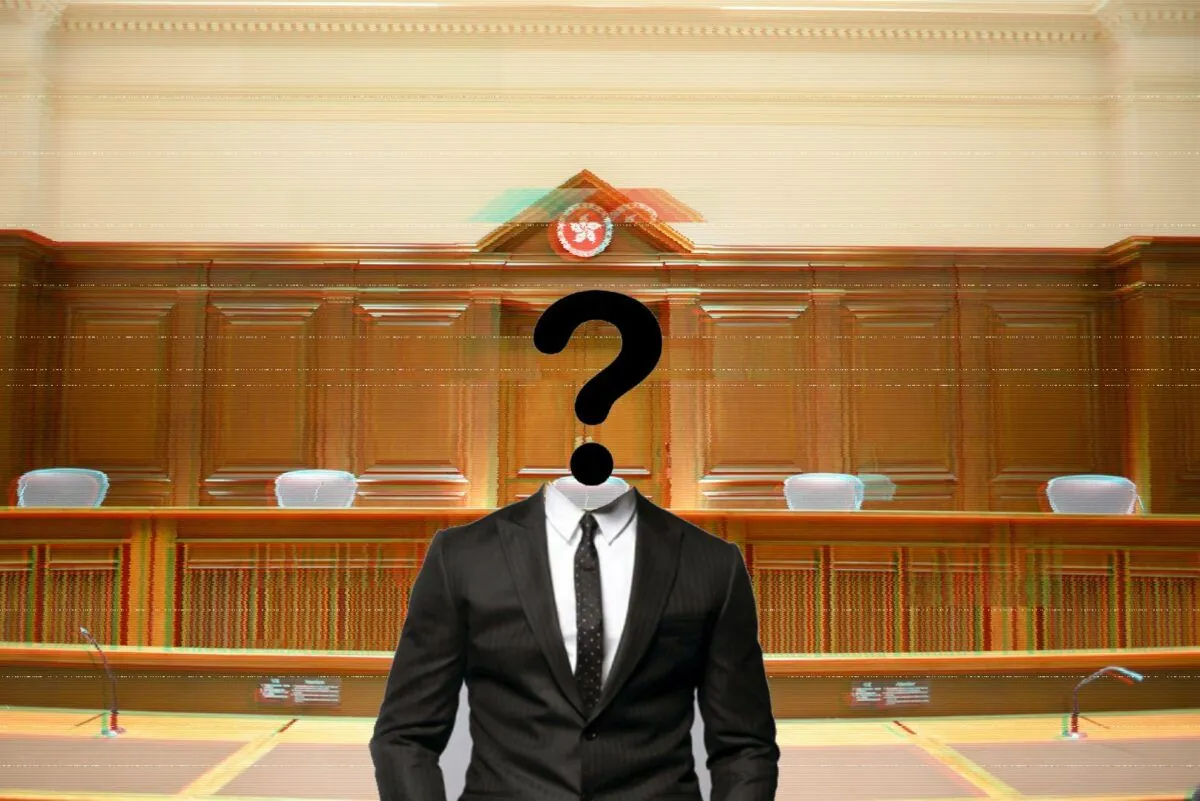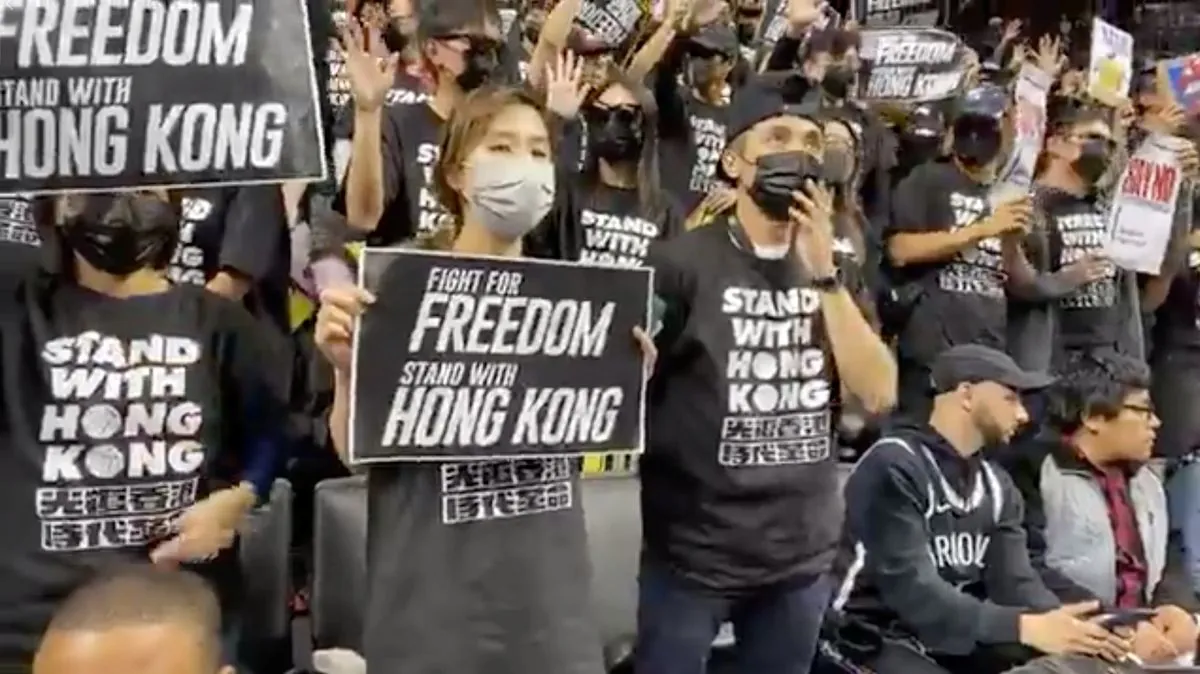Hong Kong Man Faces Sedition Charge for Protest-Related Attire
A Hong Kong resident pleads guilty to sedition for wearing protest-related clothing, marking the first conviction under the city's new national security law. The case raises concerns about freedom of expression.

In a landmark case, a Chu Kai-pong, a 27-year-old Hong Kong resident, has pleaded guilty to sedition charges for wearing protest-related clothing. This marks the first conviction under the city's new national security law, enacted in March 2024.
Chu admitted to "doing with a seditious intention an act" after being arrested on June 12, 2024, at an MTR station. He was wearing a T-shirt bearing the slogan "Liberate Hong Kong, revolution of our times" and a yellow mask with "FDNOL" printed on it, an abbreviation for "five demands, not one less." These slogans were prominent during the extensive pro-democracy protests that took place in 2019.
The case highlights the significant changes in Hong Kong's legal landscape since the implementation of new security laws. Under the recent legislation, the maximum sentence for sedition has been increased from two to seven years, with the possibility of up to ten years if "collusion with foreign forces" is involved.

Hong Kong's journey to this point has been complex. The city, a British colony for 156 years, was returned to China in 1997 under the "one country, two systems" principle. This arrangement, proposed by Deng Xiaoping in the 1980s, promised to protect Hong Kong's freedoms, including freedom of speech.
However, recent years have seen significant changes in the city's political landscape. In 2020, Beijing imposed a national security law in response to months-long protests that had occurred the previous year. This was followed by the passage of a second security law, known as "Article 23," in March 2024.
These new laws have raised concerns internationally. Critics, including the U.S. government, argue that the vaguely defined provisions regarding "sedition" could be used to suppress dissent. Hong Kong and Chinese officials, however, maintain that the laws are necessary to address "loopholes" in the national security regime.
The case of Chu Kai-pong is being closely watched as it may set a precedent for future prosecutions under the new laws. Chief Magistrate Victor So, who was specifically chosen by city leader John Lee to hear national security cases, has adjourned the case until Thursday for sentencing.
This development occurs against the backdrop of Hong Kong's unique position as a global financial center with a population of about 7.5 million. The city has long been known for its free economy and separate legal system based on English common law. However, the recent security laws have raised questions about the future of Hong Kong's autonomy and its promised freedoms under the "one country, two systems" formula.
As the international community watches closely, the outcome of this case may provide insights into how Hong Kong's new security laws will be applied and their potential impact on freedom of expression in the city.
"I wore the T-shirt to remind people of the protests."
This statement, made during police questioning, underscores the tension between personal expression and the new legal restrictions in Hong Kong. As the city navigates these changes, the balance between national security concerns and individual freedoms remains a topic of intense debate both locally and internationally.


































